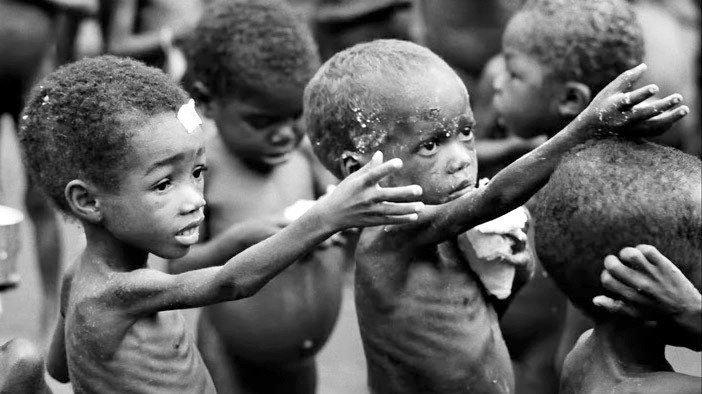Malnutrition is everywhere in the world. It is a widespread problem and causes of malnutrition differ. According to the World Health Organisation, Nigeria has the second-highest burden of stunted children in the world, with a national prevalence rate of 32 per cent of children under five.
Causes of malnutrition
Malnutrition can occur as a result of medical and other environmental conditions.
Digestive disorders
This can happen for no fault of the person’s. If the body refuses to absorb nutrients properly, even if the person is eating the best diet in the world malnutrition will be unavoidable. To enable absorption of nutrients, people with diseases like ulcerative colitis and Crohn’s disease may have to have their some part of their small intestine removed to allow them to absorb nutrients again.
Also, recurrent vomiting and diarrhoea will cause a person to keep losing nutrients even after intake.
Alcoholism
The pancreas helps digestion and too much of alcohol can end up damaging your pancreas or causing gastritis. If the pancreas is affected, digestion of food, production of hormones that regulate metabolism, and absorption of vitamins are all affected. An alcoholic may not feel hungry as any normal person would because alcohol contains calories. What this does is that it stops a person from eating properly and providing the body with essential nutrients.
Low food intake
This may be caused by symptoms of illnesses like dysphagia, which causes difficulty in swallowing. When a person feels pain with each food they swallow, they become less inclined to eat food and malnourished the body in the process.
Social and mobility issues
Those who live alone and are isolated can have this problem. Some find it difficult to leave the house to go buy food or get supplies for cooking. Others have limited cooking skills that they don’t bother trying at all.
Mental health issues
Dementia, depression, schizophrenia, anorexia nervosa, bulimia—all of these conditions can cause malnutrition in a person.
Symptoms of malnutrition
Symptoms of malnutrition include:
Longer healing time for wounds
Higher risk of complications after surgery
depression
Lack of appetite or interest in food or drink
Loss of fat, muscle mass, and body tissue
Tiredness and irritability
breathing becomes difficult
the skin may become thin, dry, inelastic, pale, and cold
the cheeks appear hollow and the eyes sunken, as fat disappears from the face
In severe cases, hair may become dry and sparse, easily falling out
Inability to concentrate
Always feeling cold
Difficulty breathing in severe cases
Higher risk of getting sick and taking longer to heal
Reduced sex drive and problems with fertility
The disappearance of face fat in severe cases, causing hollow cheeks and sunken eyes
Source: pulse.ng




